On April 30, the International Atomic Energy Agency (IAEA) announced that Director General Rafael Grossi will visit Iran to meet with senior officials of the host country on May 6-7.
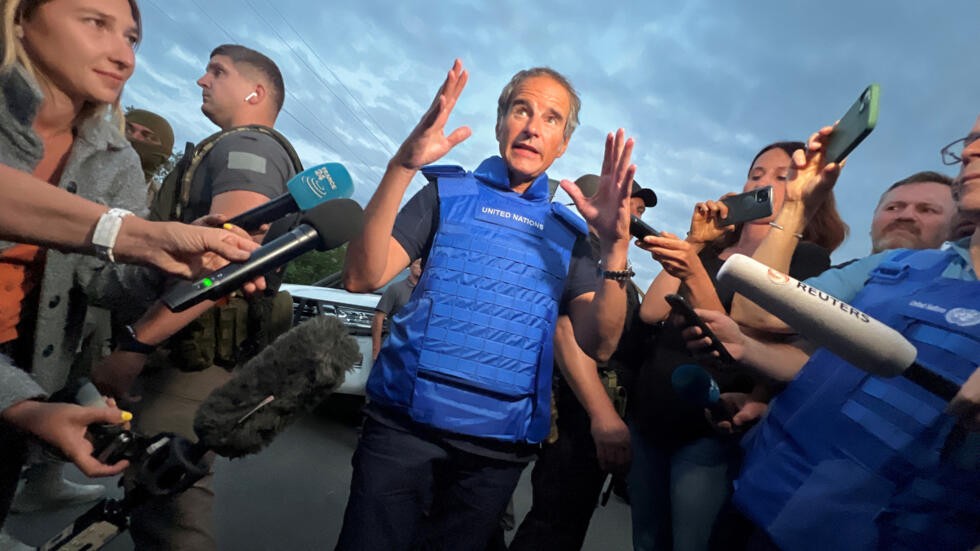 |
| IAEA Director General Rafael Grossi in a press conference in 2022. (Source: Reuters) |
According to Reuters , the visit of the head of the IAEA took place less than three weeks after Israel carried out a retaliatory attack on the central Iranian city of Isfahan in response to Tehran's unprecedented raid.
Although both IAEA and Iranian officials confirmed that “no damage” occurred at the nuclear sites in Isfahan, the Israeli retaliatory attack has raised concerns that Tehran could accelerate its nuclear program.
However, on the same day, Deputy Assistant Secretary of Defense Vipin Narang confirmed that the US saw no signs that Iran was carrying out a nuclear weapons program.
“Iran has not made a decision to build a nuclear weapons facility,” a Pentagon official said. “We are watching uranium enrichment activities very closely.”
According to Mr. Vipin Narang, Washington's policy is not to allow Tehran to have nuclear weapons and not to allow the Islamic Republic to develop nuclear weapons.
Previously, the US State Department announced that it would cooperate with the IAEA to increase transparency in Iran's nuclear policy.
At the same time, the ministry also affirmed that Washington will not participate in direct negotiations with Tehran on returning to the 2015 nuclear deal, officially known as the Joint Comprehensive Plan of Action (JCPOA).
In 2015, Iran signed the JCPOA with China, France, Germany, Russia, the UK, the US and the European Union (EU) agreeing to scale back its nuclear program in exchange for the lifting of sanctions.
Washington unilaterally withdrew from the deal in 2018, but later resumed talks with Tehran in an attempt to revive the JCPOA. The talks have since stalled. Iran has repeatedly insisted that its nuclear program is for peaceful purposes only.
Source






![[Photo] Cutting hills to make way for people to travel on route 14E that suffered landslides](https://vphoto.vietnam.vn/thumb/1200x675/vietnam/resource/IMAGE/2025/11/08/1762599969318_ndo_br_thiet-ke-chua-co-ten-2025-11-08t154639923-png.webp)

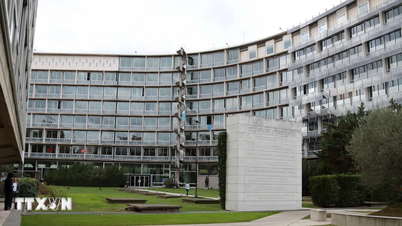

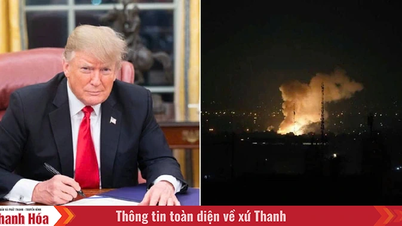



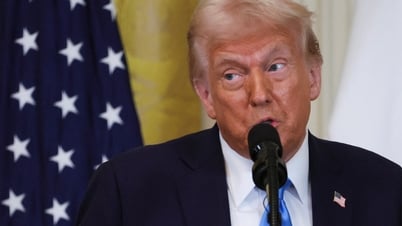
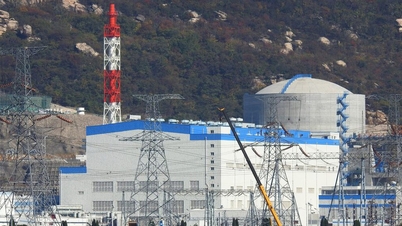
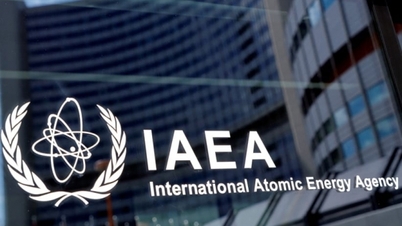


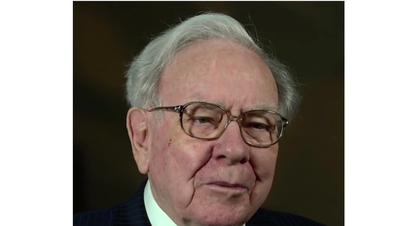



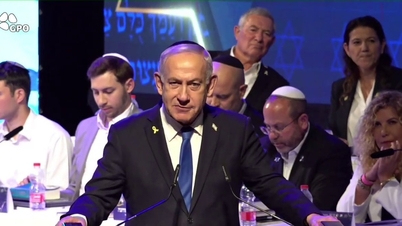
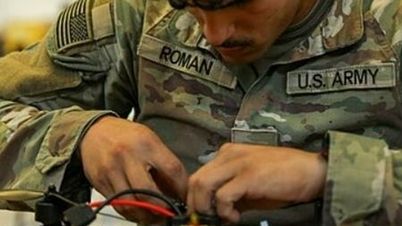





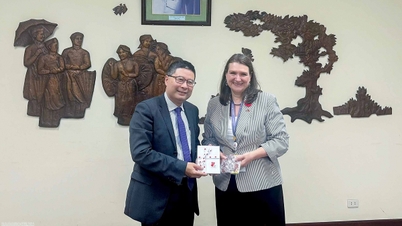
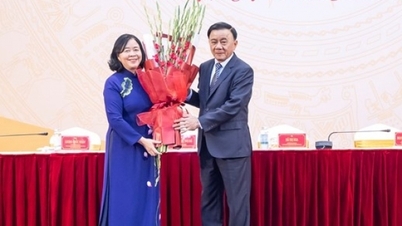
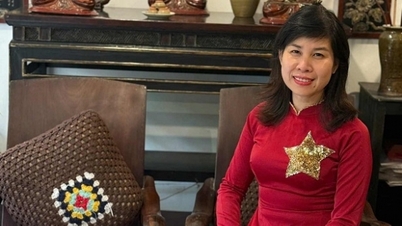
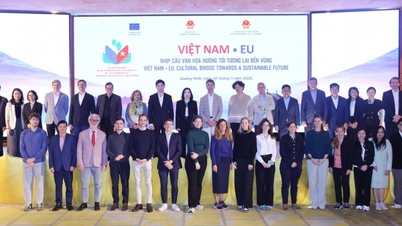
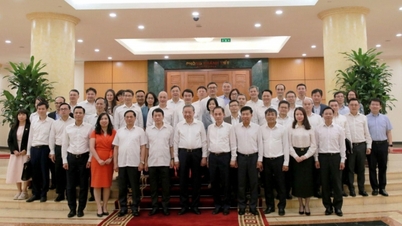








![[Video] Hue Monuments reopen to welcome visitors](https://vphoto.vietnam.vn/thumb/402x226/vietnam/resource/IMAGE/2025/11/05/1762301089171_dung01-05-43-09still013-jpg.webp)













































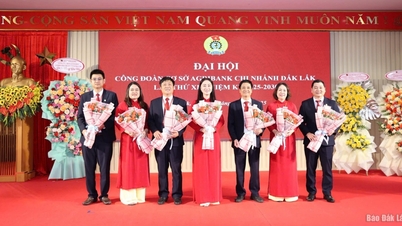

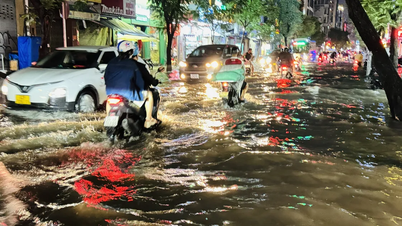

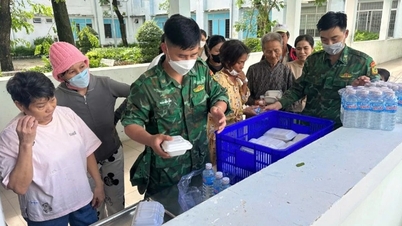


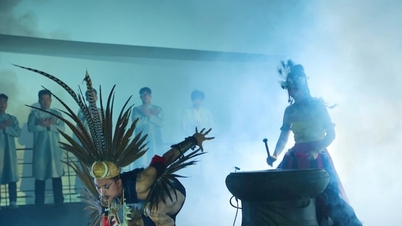














Comment (0)